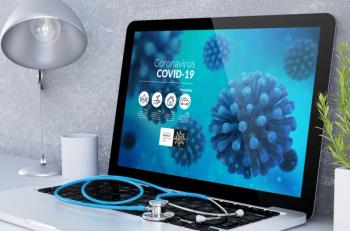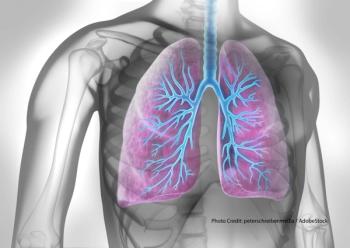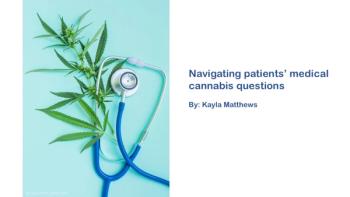
Take a look at what kinds of at-home remedies Americans are using to avoid hospital visits during the pandemic.

Take a look at what kinds of at-home remedies Americans are using to avoid hospital visits during the pandemic.

Restore Health is devoted to reversing chronic disease and getting patients off medications.

The study finds that a majority of physicians don’t see antibiotic resistance is an issue in their own practice.

There may be better ways to treat obesity that are more effective.

While opioid prescriptions are down, overdose deaths on illicit opioids and stimulants have shown a dramatic increase.

Orphengesic Forte is a non-addictive, non-opioid drug now approved by the FDA.

eConsults are especially vital during the COVID-19 pandemic.

Get maximum reimbursement for treating asthma with the right codes

How the COVID-19 pandemic is setting up a potential crisis in cancer and other serious conditions.

How physicians can help patients adhere to treatments.

Understand the tools physicians need to combat chronic pain as the opioid crisis continues.

With the right strategy, physicians can help patients stay on track for improved outcomes.

Doctors have long known that patients’ expectations have a significant impact on the effectiveness of treatments prescribed for them. But much less is known about the effect of providers’ expectations for those treatments.

We need to re-examine the role of physical activity in obesity management. Here’s why.

The organization presented recommendations to stop the guideline from harming patients.

28-day mortality was reduced by 41 percent for those requiring ventilation and 25 percent for those requiring oxygen, according to the RECOVERY study.

The health care community weighs in on how to make insulin affordable.

Human stories have the ability to help patients cope

Does the state you practice in have a patient obesity problem?

It takes a team to care for patients with chronic disease, but who should take the lead?

What you need to know to perform better on quality measures and get a higher rating.

What has to be documented to qualify for CCM?

How to keep your patients and your staff healthy

If your patients are curious about medical cannabis and its benefits, here is guidance on how to answer common questions.

Medical Economics sat down with Christina Tan, MD, the state epidemiologist for New Jersey, to discuss the latest on the Coronavirus outbreak (COVID-19) and how to answer patient questions about the disease.